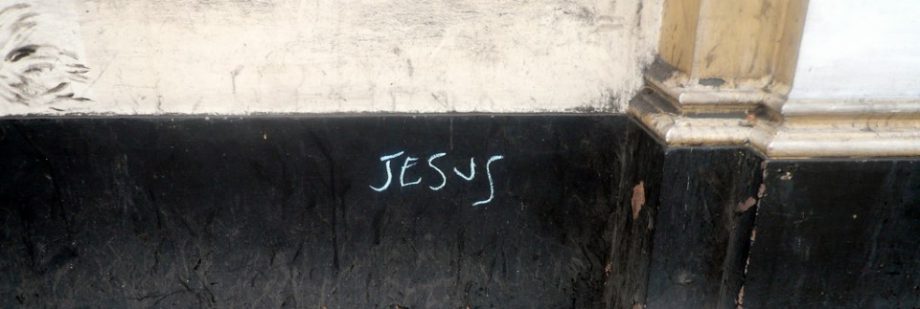“The deep truth is that our human suffering need not be an obstacle to the joy and peace we so desire, but can become, instead, the means to it.”
Henri Nouwen. “Life of the Beloved”.
The brokenness that surrounds us on a daily basis in the form of homelessness, poverty and urban decay is clearly demonstrable, but isn’t it the inner brokenness that comes in the form of emotional, mental and physical suffering what really brings us as human beings together? In the course of our lifetimes, we will not be able to avoid periods of pain and suffering, the main issue that we are all forced to deal with, is how we view both the suffering in our lives and in the lives of the people around us.
Henri Nouwen states that instead of seeing suffering as an unwelcome interruption in our lives, something that has to be overcome as quickly as possible, we should step towards it, embracing it as something that is uniquely ours.
Do we all suffer in exactly the same way? When I am going through a painful time in my life, I find it some comfort to know that others can empathize with me because they might have endured a similar experience, but also want my pain to be uniquely mine. No-one else has lived my life before. I think I would agree with Nouwen that each person suffers in a way that is inimitably his or hers.
In the Western world, the answer that we readily have for the existence of God is that there is no need for Him; everything is just fine as it is. In this case, it could be true that God whispers to us in times of joy, but uses a megaphone in times of suffering [1]. In my experience, it is only when I have undergone times of suffering that I have been able to grow in small part both spiritually and as a human being who is a little more aware of other peoples anguish. It is only then that I can understand the call to stand with others in their pain as we are all bound together in our brokenness.
1. C.S Lewis. The Problem of Pain.
